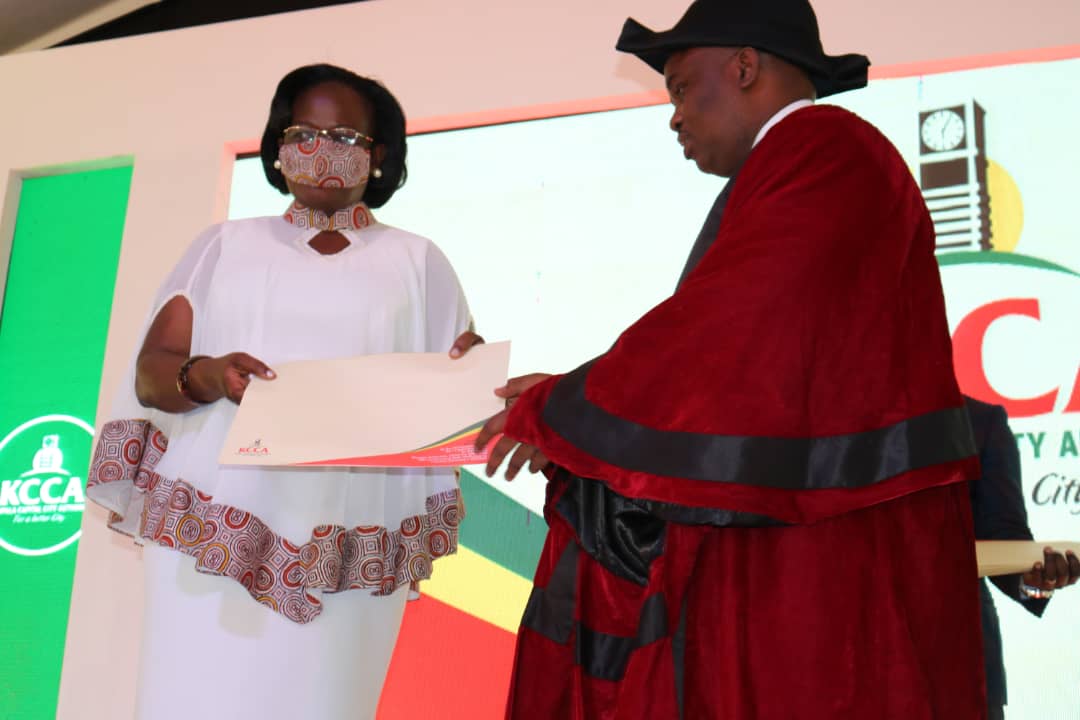HAGUE. Lawyers representing the Democratic Republic of Congo (DRC) at the International Court of Justice (ICJ), have asked the court to reject Uganda’s higher evidence standard, in the case where Congo is demanding compensation from Uganda for war reparation.
DRC lawyers today told the Hague based court that Uganda’s demand for evidence seeks to throw the 2005 ruling into the dustbin. Uganda only admits that between 1997 and 2003 when its soldiers occupied parts of Eastern DRC, they killed 32 people yet Congo is demanding compensation for more than 180,000 lost lives.
When making submissions last week, Ugandan lawyers insisted that DRC must provide undisputed evidence such as death certificates showing that Ugandan soldiers were responsible for these deaths.
Prof Phillipe Sande, aProfessor of Laws and Director at the Centre on International Courts and Tribunals at the University College London, representing Congo, told the court that Uganda’s approach if accepted, will “lead to a great miscarriage” of justice because it is ridiculous, disrespectful and offensive.
Sean Murphy, a Professor of International Law at George Washington University Law School, while representing Uganda argued that DRC based its compensation claim on broad observations made by the court in 2005 when it ruled that the Ugandan armed forces violated human rights law which caused harm to persons and property as well as a broad conclusion that there was the exploitation of DRC’s natural resources.
“That assertion about the inability to gather evidence relating to war is demonstrably untrue. Iraq’s invasion and occupation of Kuwait did not prevent victims or their families from identifying to the UN compensation commission the names of those who died,” he said.
But Debarati Guha-Sapir, an ICJ expert whose reports could be highly relied on when making the judgment on Friday asked the court to ignore demands by Uganda that DRC must produce evidence like death certificates to prove that its citizens died when the UPDF was deployed in Ituri almost 23 years ago. She argued that institutions registering deaths were non-existent in Eastern DRC during the war and there were no incentives for people to obtain certificates for dead relatives.
“So, I think it cannot go without saying that death certificates or civil registration is not going to be a source of any data.” Referring to Sean Murphy, Sandes said it could be possible to collect death certificates of hundreds of dead people in Washington (where Murphy lives), but in Congo, it’s impossible. Thus, he said Uganda’s demands are unrealistic.
The ICJ on Tuesday last week reopened the proceedings of the 2005 case, which Uganda lost to Congo after the two countries failed to agree on the compensation figure. Uganda, Rwanda and Burundi soldiers helped DRC’s late President Laurent Kabila ascend to power in 1997, overthrowing Dictator Mobutu TSese Seko.
As Kabila settled in office, he disagreed with the foreign forces that helped him capture power. Consequently, he asked them to leave. When Uganda and Rwanda declined to withdraw, Kabila sued them at the ICJ for alleged invasion. Uganda argued that its military’s presence and activities in DRC were, for the most part, based on an invitation and were authorized by the Congolese administration.
When Uganda lost the case in 2005, DRC’s lawyers argued for a reparation figure of USD 10 billion which was awarded. However, the court asked the two parties to get together and come up with a figure that is agreeable to both because Uganda protested the claims. Unclear is when and how Congo ended claiming USD 23 billion which it has now reduced to $13.5 billion as per Byaruhanga’s presentation.
Do you want to share a story, comment or opinion regarding this story or others, Email us at newsdayuganda@gmail.com Tel/WhatsApp........0726054858






